To celebrate International Nurse’s Day and Year of the Nurse and Midwife, we’ve been shining a light on the incredible work of the Royal Free London nursing team. Below, nurses from across our hospital sites explain their work, and how they are responding to COVID-19 (coronavirus).
Yasmin UddinClinical nurse specialist for vascular surgery, Royal Free Hospital“In my regular role, I specialise in providing clinical nursing care for patients who have undergone vascular surgery. But due to COVID-19, this has all changed: I’ve now been redeployed to infection prevention control team. Many of our staff are learning new infection control processes and having to adapt to wearing personal protective equipment (PPE) for the first time. “My new role is to provide practical support – training people and ensuring that the wards are implementing our infection prevention control procedures properly. However there is also an important emotional element. We give people reassurance and encouragement, and make sure their questions are answered.” |
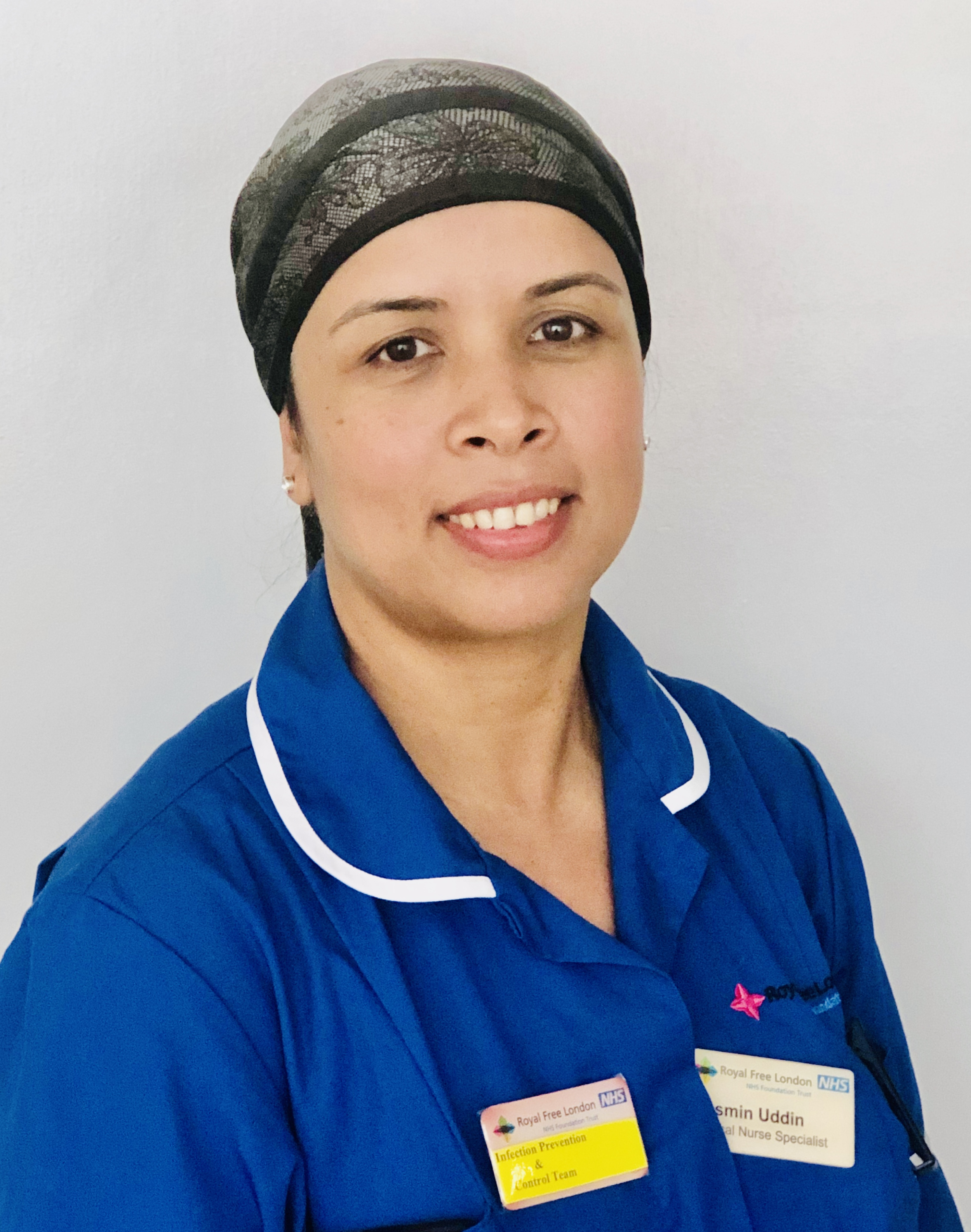 |
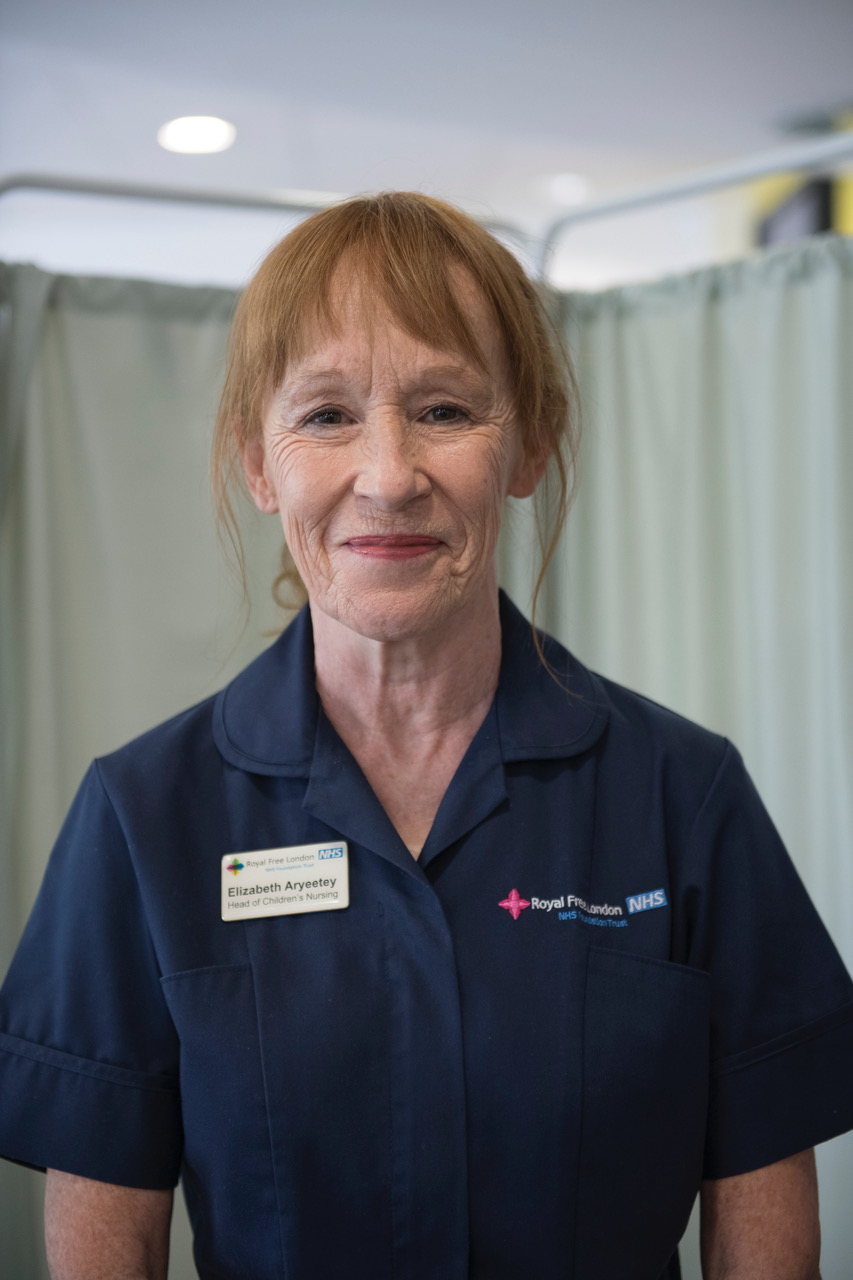 |
Elizabeth AryeeteyHead of children’s nursing, Barnet and Royal Free Hospital“My work has changed enormously during the current pandemic, as I am now supporting the adult intensive care unit. I was incredibly lucky in the sense that, having spent a number of years in intensive care for children, it was reasonably easy to make the step to adult ICU. “Being redeployed has given me an amazing opportunity to support the staff on the ward. So many positives have come from such difficult and unusual times. People have learned new skills, made new friends and extended their network of colleagues. It has really demonstrated the NHS at its very best.” |
Ursula KnightAdvanced nurse practitioner, Chase Farm Hospital“I qualified in 1995 and have been with the Royal Free London ever since. In that time I’ve reached the top of my current role, and now I’m studying for a Masters so that I can continue to improve my skills. Normally, my work involves looking after elective surgery patients who have come in for an operation, but for COVID-19 I have been redeployed to an intensive care unit. The patients that I see in my normal role are fit and healthy - suddenly seeing so many patients who are very sick has been extremely difficult. “The experience of a specialist nurse is very different to that of a ward nurse, so changing role has meant a lot of additional training – I almost feel like a student again. You go into an environment that you are not familiar with, with patients who you don’t know; that can be a challenge. But it’s so important to be able to do something useful, and learn skills that will stay with me for the rest of my career.” |
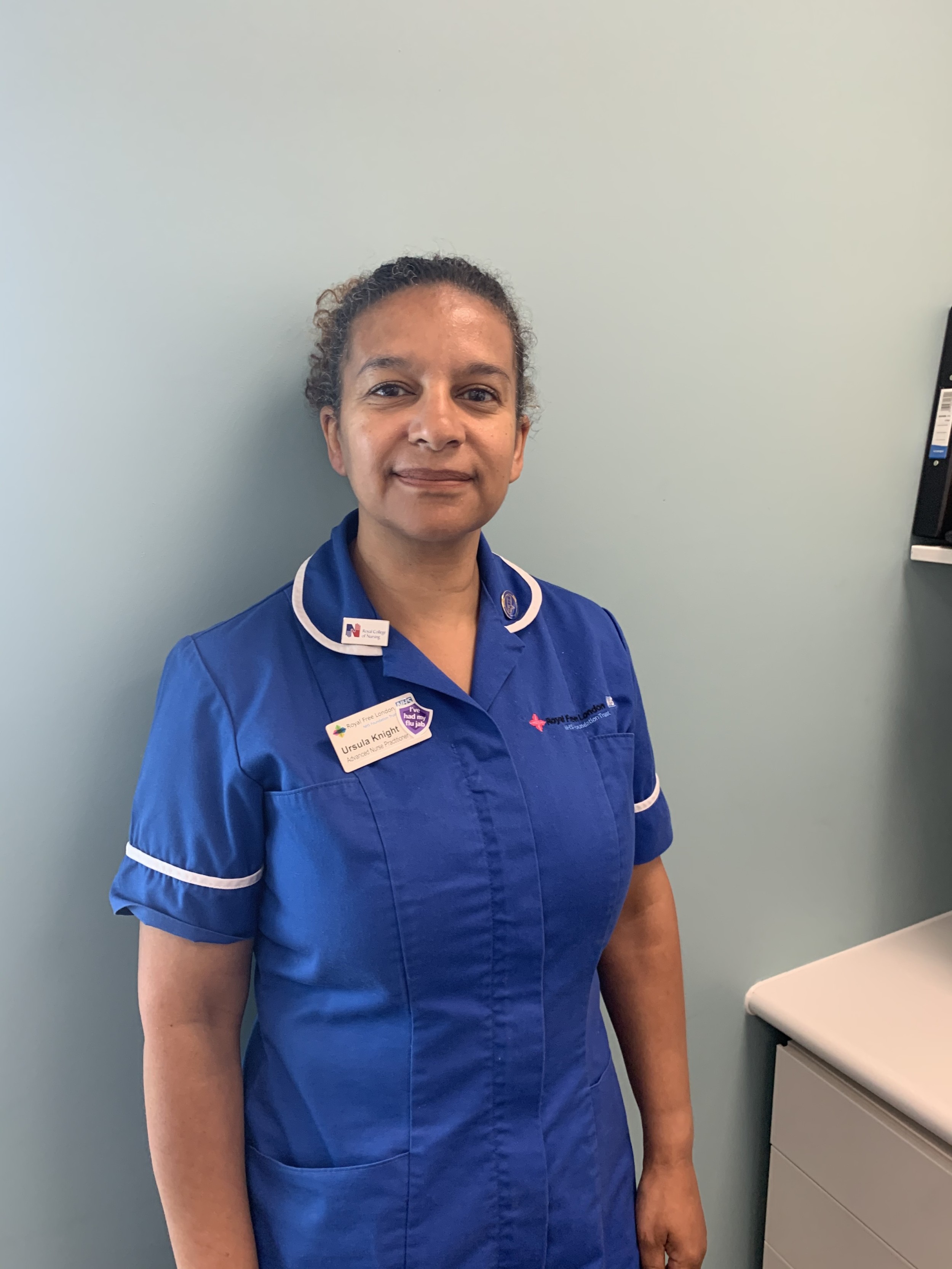 |
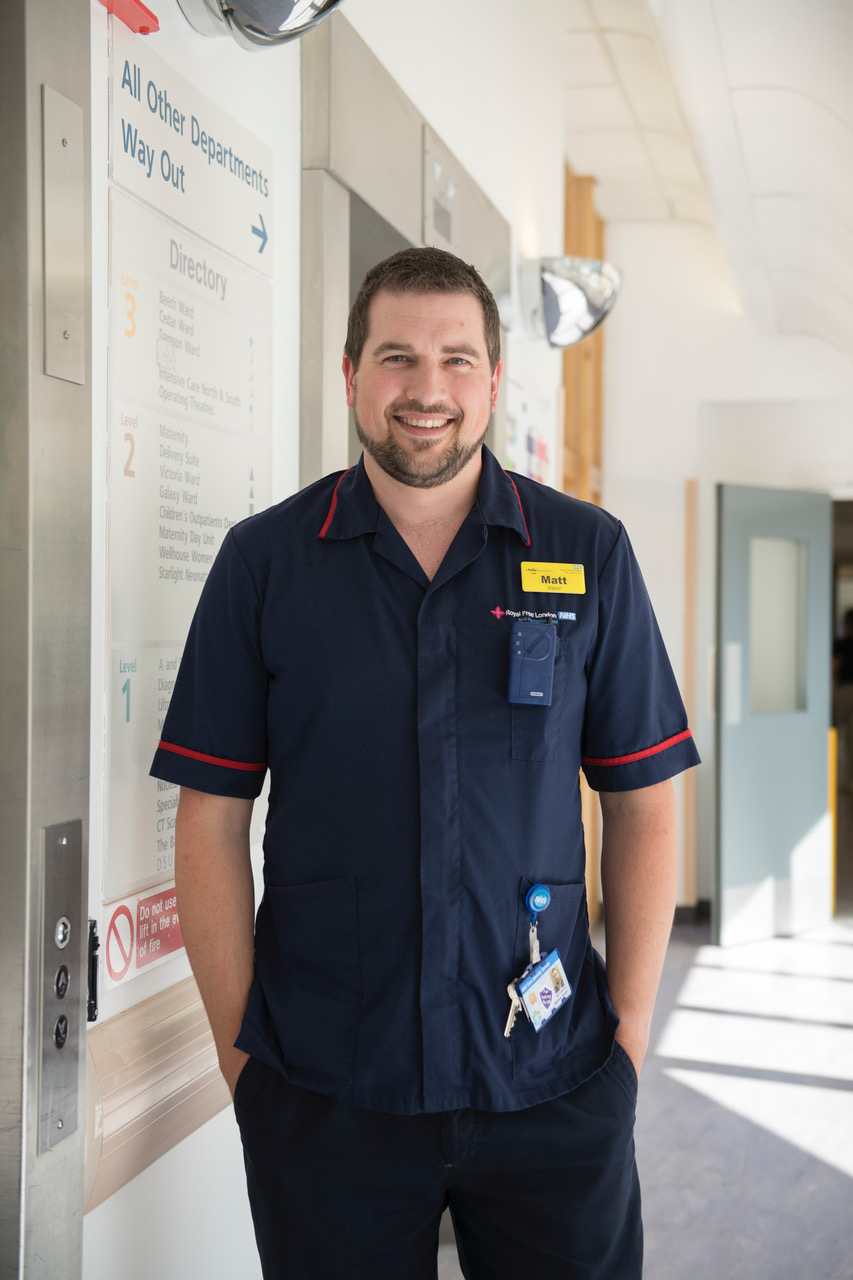 |
Matt TargettEmergency department matron, Barnet Hospital"The emergency department is a challenging and busy environment, where my role involves leading the nursing team through the highs and lows of emergency care. I’ve been working with the trust for seven years now, and became a matron five years ago. Day-to-day, I oversee the nursing team alongside my colleague Loraine, and the operational management of the department alongside my colleagues Rachel, Rakhee and Angshu. “When the UK’s COVID-19 response began, it was crucial to act fast. We doubled the size of the department in the space of a few hours by repurposing another area of the hospital. I am humbled by the ED team for taking on the challenge of so many changes without question. Now we’re starting to adapt to a new normal, and we’re working to routinely incorporate the management of COVID-19 in the safest way, while delivering emergency care to others in the community." |
Calvin ChitigaJunior charge nurse, Royal Free Hospital“I was born in Zimbabwe, and came to the UK 18 years ago to join my family. After studying nursing at Middlesex University, I was offered a place at the Royal Free Hospital private patient unit and have been with the trust ever since. My day to day work involves overseeing the junior members of the ward team - providing advice and support, and ensuring there is the right mix of skills to look after different patient needs. “This unit has now become a COVID-19 ward. We are helping patients who aren’t able to share a ward with others, perhaps because they are at the end of their life or have dementia. We also need to wear full PPE, which is exhausting and can get very hot. I was actually the first nurse on our unit to look after a patient with COVID-19. I’m very grateful for the support of those around me – from our unit director, matrons and ward sister to all of the nurses and nursing staff. They have worked so hard to make sure we all get the support we need.” |
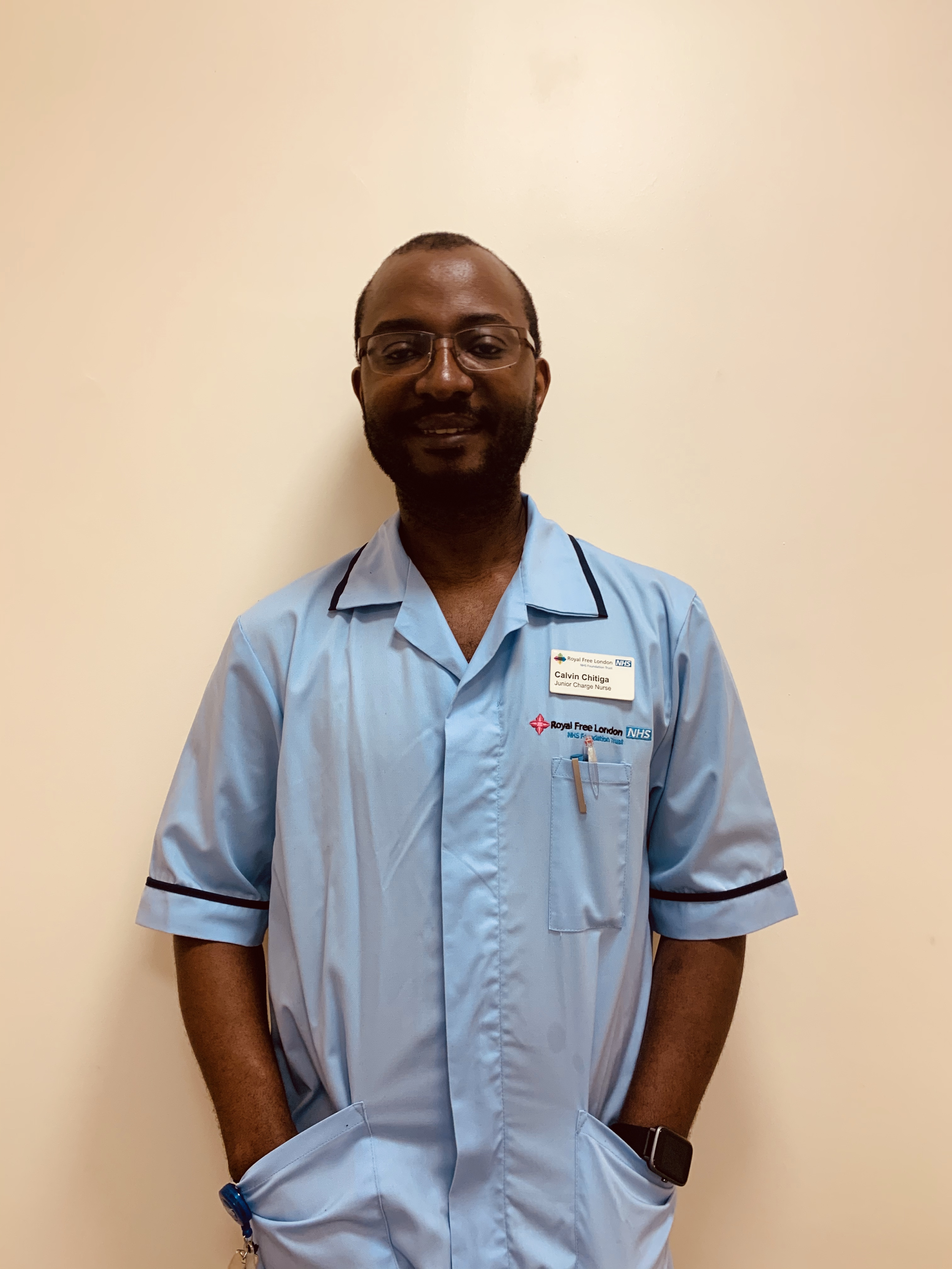 |
 Translate
Translate